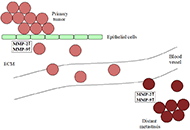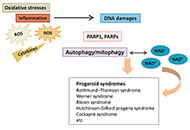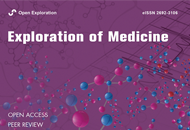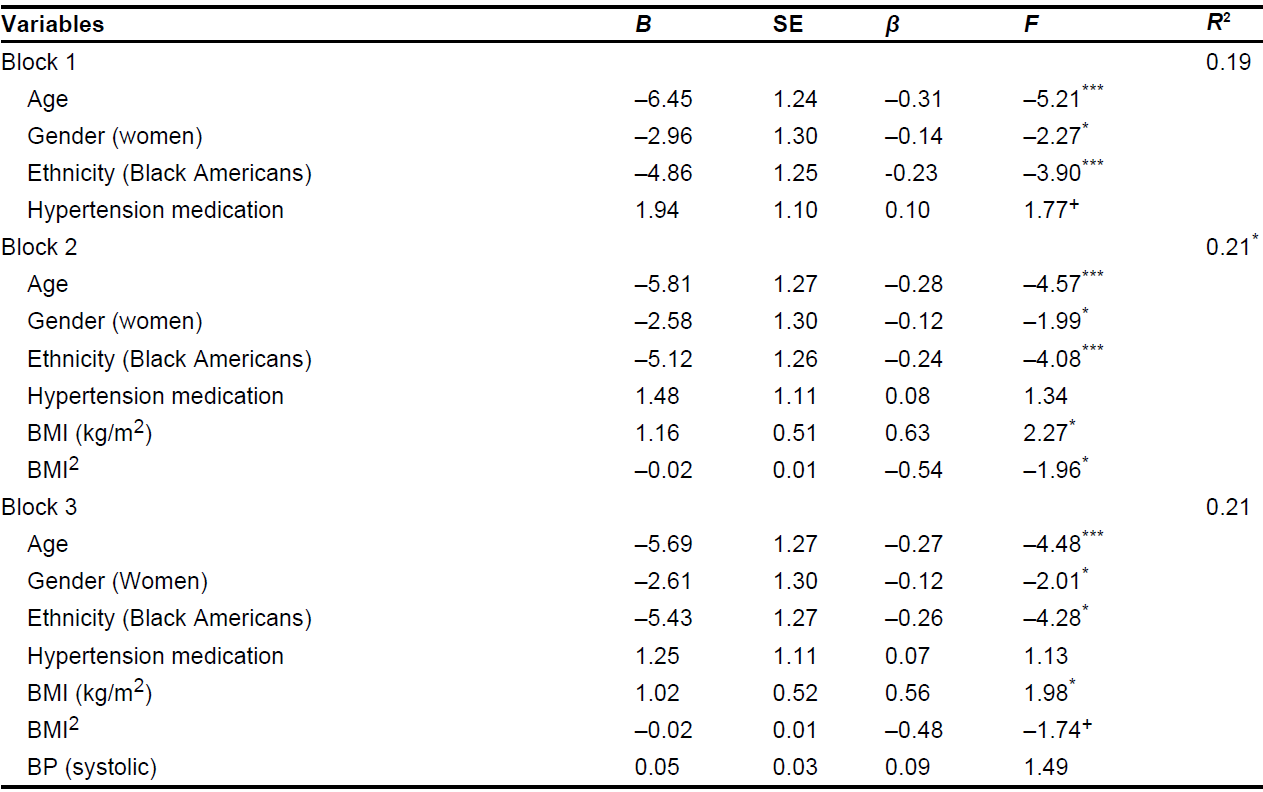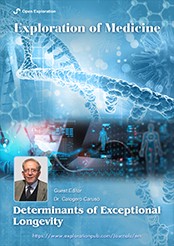
Determinants of Exceptional Longevity
Guest Editor
Dr. Calogero Caruso E-Mail
Laboratory of Immunopathology and Immunosenescence, Department of Biomedicine, Neuroscience and Advanced Diagnostics, University of Palermo, Palermo, Italy
About the Special lssue
The ageing process is driven by a lifelong accumulation of molecular damage, resulting in a gradual increase in the fraction of cells carrying defects. After sufficient time has passed, the increasing levels of these defects interfere with both the performance and functional reserves of tissues and organs, resulting in a breakdown of self-organizing system and a reduced ability to adapt to the environment. That can cause age-related frailty, disability, and disease. Maintenance mechanisms slow, indeed, the rate of damage accumulation. Genetics, epigenetics, sex and gender, socio-economic and educational status, chance and life circumstances, nutrition and physical activity, stress management and social support, pathogen load and immune response, all contribute to modulating positively or negatively the maintenance mechanisms. Different combinations of these factors create the possibility to avoid age-related pathologies and become centenarian, i.e., these factors are determinants of extreme longevity.
Centenarians show relatively good health, being able to perform their routine daily life and to escape or delay age-related diseases. This Special Issue aims to understand, through a “positive biology” approach, how to prevent, reduce, or delay frailty and disability amongst the elderly. Indeed, rather than making diseases the central focus of study, “positive biology” seeks to understand the causes of positive phenotypes and explain the biological mechanisms of health. Therefore, studies on different aspects of centenarians are welcome. Original research papers and reviews are equally welcome and may involve in vitro and in vivo studies.
Keywords: Genetics, environment, epigenetics, immunity, inflammation, lifestyle
Published Articles
